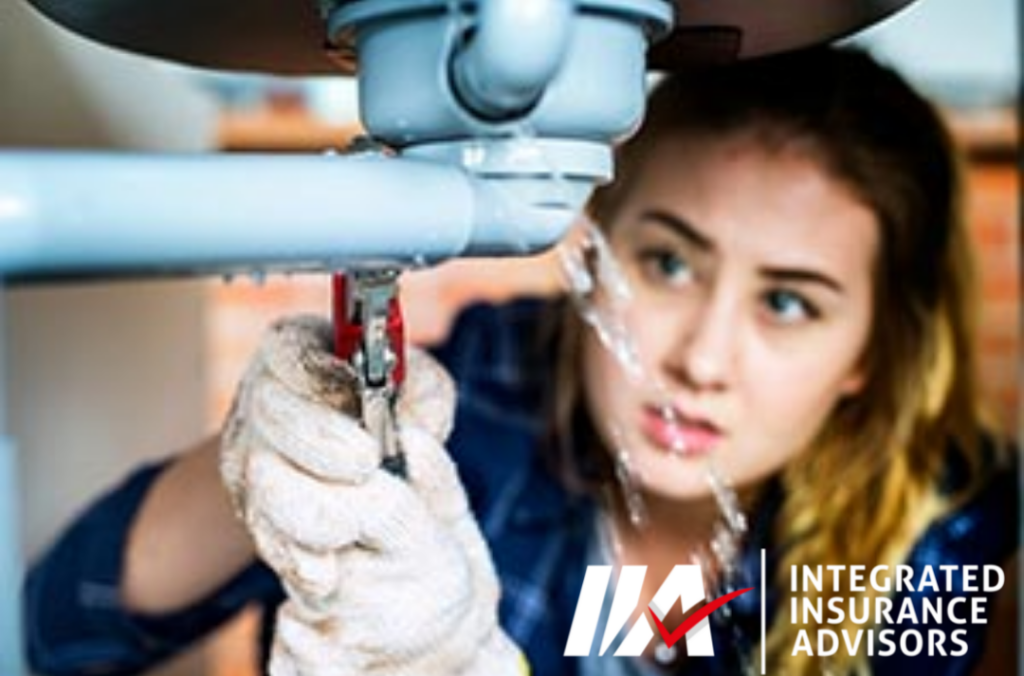How to handle a water leak
Do you know someone who…
Had a pipe leak under the sink.
The ice maker line spring a leak.
Kids clog the sink or toilet and it overflows.
Sure, we have all heard the stories. The question is do you know how minimize water damage and engage your insurance agent and company to get things back to normal as soon as possible. Did you know more than 80% of water cannot be seen after its spilled in a home, the faster experts are involved the faster the home can be restored to normal.
After a water incident a homeowner should:
- Protect property from further damage
Shut the water supply off. Often water supply valves are located under cabinets or behind appliances. If no water supply valves can be found, homes often have a main water supply valve as the water enters the home supplying the whole house. If not located at the house, the entire water supply can be shut off at the road. As a last result, the local fire department can be called to shut off the water supply. - Make necessary and reasonable temporary repairs
Homeowners can call plumbers and service people to make emergency repairs without first contacting the insurance company. In fact, any repairs or steps should be taken to reduce or the stop the amount of damage. Personal items should be moved away from the water-soaked areas. Even small things such as placing aluminum foil under furniture legs can stop water from soaking into furniture cause discoloration and damage. - Immediately notify your insurance agent and/or company
Integrated Insurance Advisors have service partners which can inspect water leaks and spill events to give options on treatment options and whether an insurance claim is needed. Involving your insurance agent and company early in the process can save everyone time and money. 80%+ of water cannot be seen after its spilled in a home, the faster experts are involved the faster the home can be restored to normal. - Keep accurate records and inventory damaged properties
Take lots of picture to document the event including first discovering the water leak, any corrects taken and any damage which has occurred.
What can the homeowner do:
- Mop or blot water up
If it is safe, mop or blot standing water and dispose of it in the drain. - Open windows, if cool
During cooler weather the outdoor humidity is typically lower. Opening windows can help dry the interior of the home. - Turn on AC or start fans
The home AC system acts as a dehumidifier. Running the AC will reduce the interior humidity and help dry the home. Fans will move the air and help dry the affected area more quickly.




























